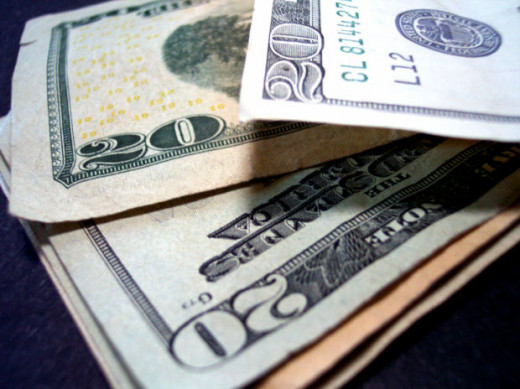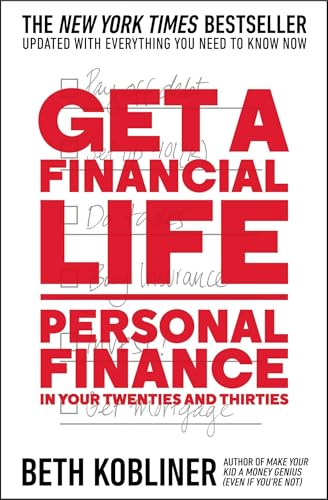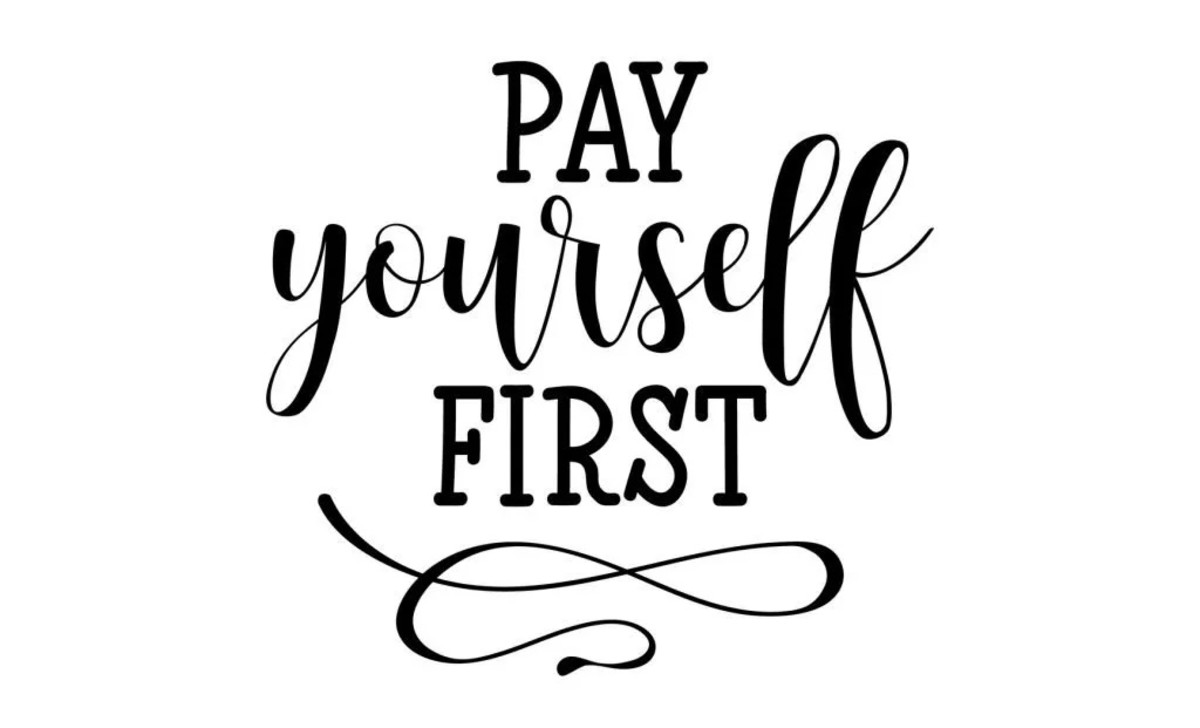How to Increase Your Savings

Most People Save Too Little
If you’re like most Americans, you don't save enough.
30% of workers have less than $1000 in savings and investments. 60% have household savings and investments, excluding their home and any defined benefit pension, of less than $25,000.
As a result of low savings rates, only 14% of workers are very confident they’ll have enough money to retire comfortably.
Luckily, there are many actions you can take to increase your savings. Some actions may improve your quality of life! Others will have little to no impact on your lifestyle, while still other actions will require short-term sacrifices. Which actions you decide to take will depend on how committed you are to increasing your savings.
Actions to Increase Both Savings and Quality of Life
Oddly, there are some actions you can take to increase both your savings and your quality of life! Everyone should consider taking these actions, as there’s only upside.
- Look for a Better Paying Job. A great way to increase savings is to find a better paying job. When comparing jobs, take into account the value of benefits such as retirement plans and health/life insurance along with salary and wages.
- Build an Emergency Fund. Keep at least $1000 in an emergency fund to cover the cost of an unexpected repair, medical bill, etc. This fund will keep you from borrowing at high interest rates and will provide peace of mind.
- Sell or Donate Stuff You No Longer Want. Use eBay, Craigslist, consignment shops, yard sales or classified ads to sell stuff you don't need. You'll receive cash and de-clutter your house. Or, donate the items to a favorite charity and get a charitable deduction.
- Maintain Your Car. Get regular oil changes and tuneups. Rotate your tires, check their treads, and keep them inflated. You'll save hundreds of dollars on gasoline and repairs.
- Sign Up for a Home Energy Audit. Many utilities offer free home energy audits to identify ways to make your home more energy efficient while also making it more comfortable.
- Make a List for Your Grocery Shopping. Make a grocery list and stick to it. You'll waste less money on expensive impulse food purchases. You'll also buy healthier food and save time and transportation costs by avoiding extra trips to the grocery store.
- Exercise and Eat Nutritiously. Taking care of your health saves money on healthcare while making you look and feel better. You don't need to spend much to exercise: all you need for vigorous walks is a good pair of sneakers.
- Keep Adequate Insurance. Have insurance to protect against major disasters involving your health, family, home, and automobiles. Shop around to get lower rates. But don't buy insurance for low-cost events, such as extended warranties.
- Use On-Line Bill Payment. On-line bill payment will help avoid late fees, and save stamps.
- Learn the Basics of Personal Finance. Learning the basics of personal finance will help you better manage your finances. Many websites offer comprehensive information for free.
- Attend Free Community Events. Take advantage of free community events such as free concerts, fairs, museums, fireworks, etc.
- Don't Buy Lottery Tickets or Visit a Casino. Do you really want to pay more of your hard-earned money to the government? Save your time for something more important.
- Stop Smoking and Drink Less Alcohol. They're expensive and harmful to your health.
Actions to Increase Savings with No Impact on Lifestyle
Consider other actions to increase your savings with little or no impact on your lifestyle. The main obstacle for these actions is inertia. But there’s no time like the present. The sooner you take these actions, the more you’ll save.
- Bank at Least Half of Each Raise. Whenever you get a raise, bank at least half of it. You didn't have the money before, so you won't miss it. Automatically invest this money in your 401K or have it transferred to a savings account.
- Keep Paying Yourself After You Pay Off a Loan. Keep making your regular payments to yourself after paying off a loan. Put the payments into your savings account. You didn't have access to the money before, so you shouldn't miss it.
- Save Your Tax Refunds. Put tax refunds into your savings account. But don't have too much withheld to avoid making a 0% interest loan to the government.
- Enroll in Healthcare Flexible Savings Account. Healthcare FSAs allow you to pay eligible healthcare expenses not covered by health insurance with pre-tax dollars. If your employer offers a healthcare FSA, enroll to decrease your after-tax healthcare costs.
- Enroll in Dependent Care Flexible Savings Account. Dependent care FSAs allow you to pay dependent care expenses with pre-tax dollars. If you pay for dependent care and your employer offers a dependent care FSA, enroll to decrease your after-tax costs.
- Enroll in Commuter Benefit Plans. Commuter benefit plans allow you to pay eligible work-related parking or transit costs with pre-tax dollars. Check if your employer offers any commuter benefit plan to save money on commuting or parking costs.
- Cut Back on Subscriptions, TV, Video and Music Costs. Cancel any newspapers or periodicals you don't read, can read online, or can get at the library. Cancel premium cable TV channels you don't watch. Use less expensive alternatives like Netflix or Redbox.
- Use Reward Credit Cards. Use a credit card which offers a reward for every purchase. Rewards of dollars are best. Pay off the total bill each month.
- Switch to a No-Contract Cell Phone Plan. Studies have repeatedly shown no-contract cell phone plans are less expensive than contract plans. No-contract providers such as Virgin Mobile and TracFone are now offering higher-end phones.
- Stock Up When Necessities are On Sale. When you see cereal or toilet paper on a good sale, stock up by buying a few months worth.
- Wait with Upgrades Until You Need Them. Do you really need an iPhone 5 instead of your iPhone 4S? Don't buy upgrades until you reach the limits of the products you own.
Actions to Increase Savings Which Require Short-Term Sacrifices
Make no mistake: many actions you can take to increase savings will require sacrifices. But these are short-term sacrifices which will result in higher savings and a better lifestyle later. Which of these actions you take—if any—depends on how committed you are to increasing your savings.
- Contribute, or Increase Your Contributions, to Your 401K Plan. An effective way to increase savings is to take full advantage of your retirement savings plan at work. Save at least enough to get all the matching contributions from your employer--that's free money!
- Take on More Do-It-Yourself Projects. Do more do-it-yourself projects rather than hiring out. Easy do-it-yourself projects include most yard work (except trimming or felling trees), painting (except high areas, fixing minor plumbing leaks, replacing sealants, etc.
- Work a Part-Time or Seasonal Job. You can make enough from a seasonal job to fund your holiday gifts. Part-time jobs usually bring in more extra income than you could cut from spending.
- Drive a Practical Car. Determine your transportation needs before buying a car. Compare all ownership costs, including insurance, gas, maintenance and repair for comparable models. Don't buy a car to "make a statement about who you are".
- Don't Buy On Credit Unless Necessary. If you want something, save for it before buying. If you carry a high-interest credit balance, stop all discretionary purchases until it's paid off.
- Eat Out Less Often, or Trade Down Your Restaurants. Cut down the number of times you eat out. When you eat out, trade down from a fancy to a casual restaurant, or from a casual to a fast-food restaurant. Substitute getting takeout food instead of going out.
- Brown-Bag Your Lunch More Often. Bring your lunch to work more often. You'll save $5 - $10 each time and will eat healthier. Eat out only on Fridays or when your company pays.
- Cancel Cable TV and Other Entertainment Services. Cancelling your cable TV with ESPN and HGTV might be painful, but entertainment services are discretionary.
- Use Coupons to Buy Groceries. Spending 10 minutes snipping coupons from the Sunday paper can easily save $5 - $10 each week on groceries. Alternatively, buy store brands.
- Drive Less. Find ways to drive less, such as carpooling, taking public transportation, walking, or riding a bike. Plan errands so you can combine them into fewer trips.
- Drink Less Premium Coffee. Make your coffee rather than visit Starbucks. Or order a regular coffee or cafe-au-lait rather than a more expensive (and calorie-laden!) drink.









